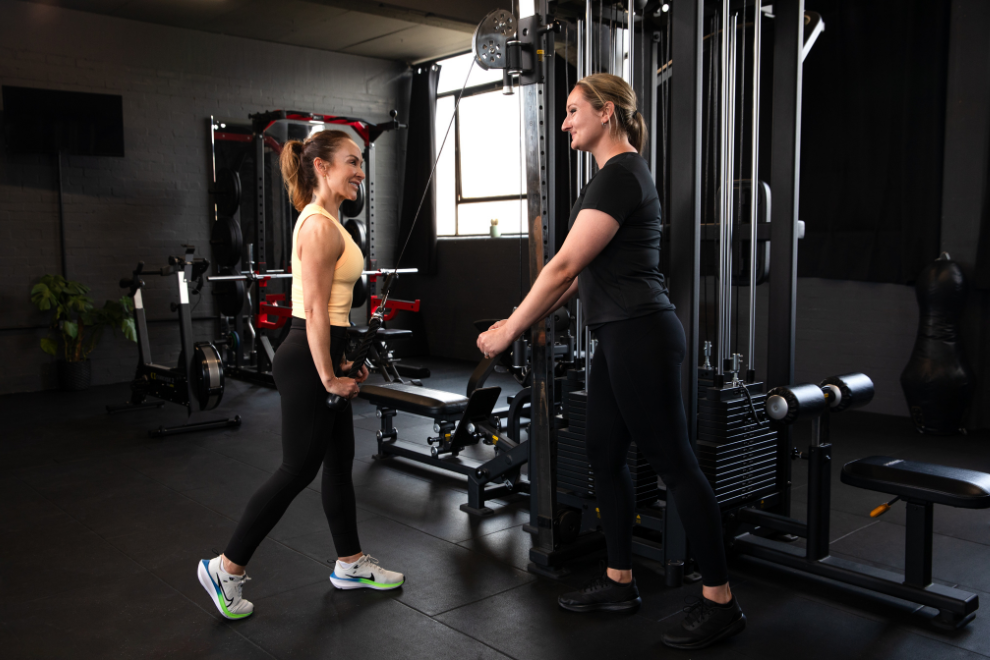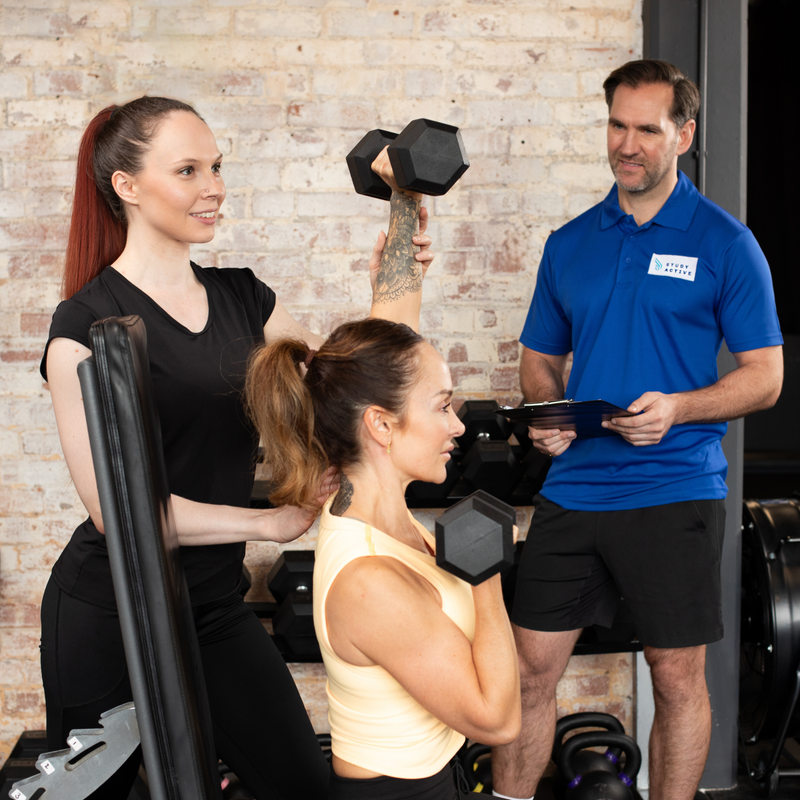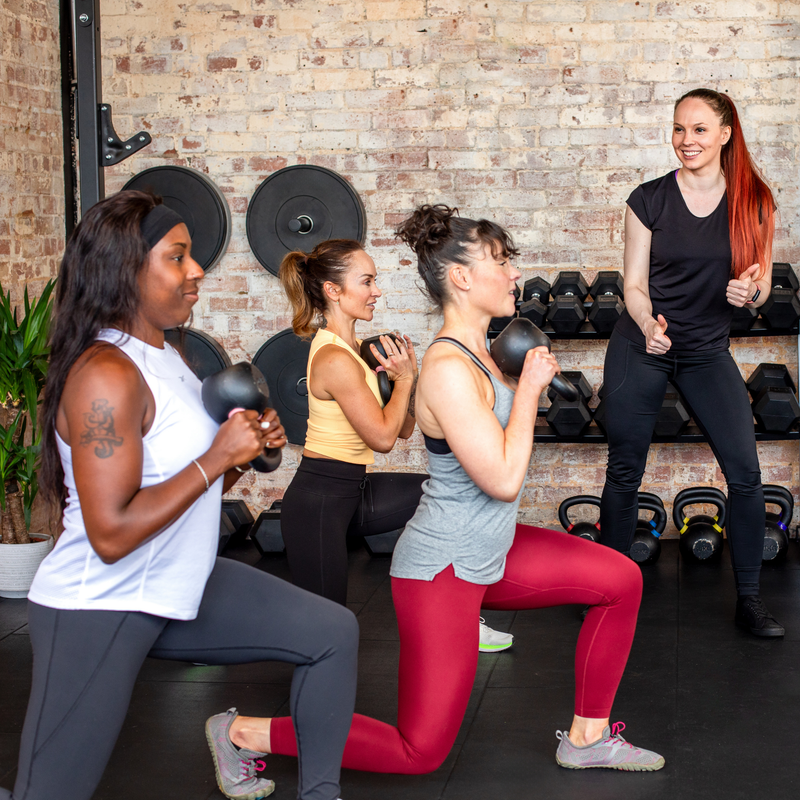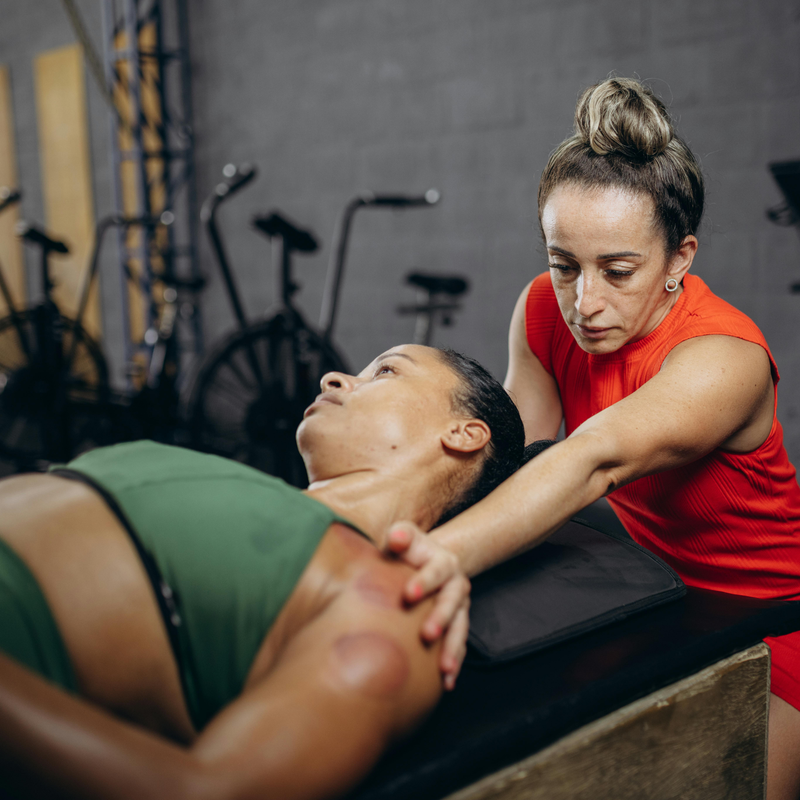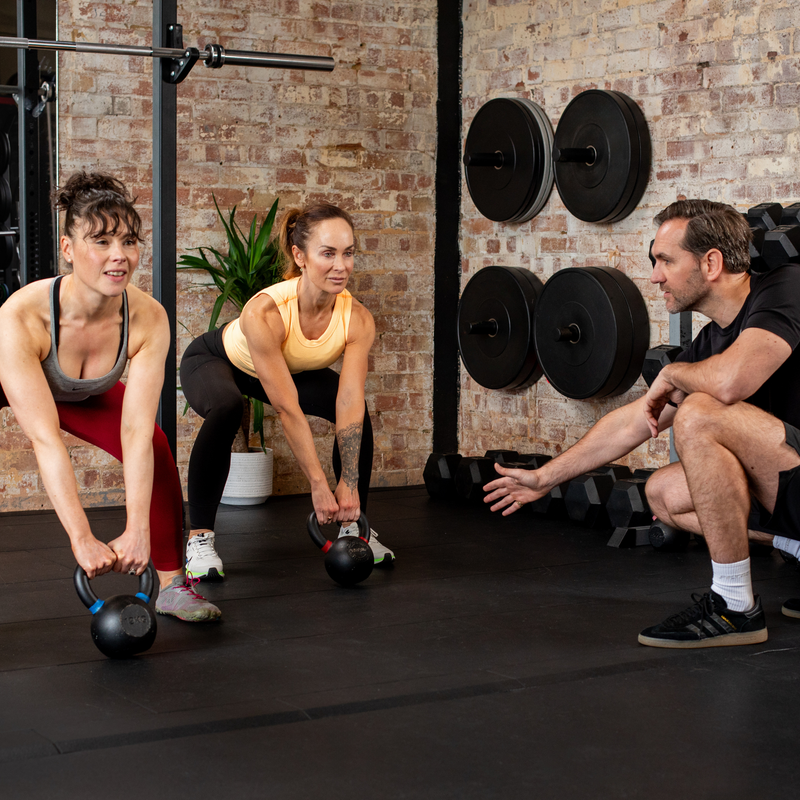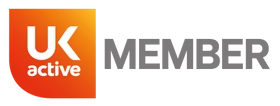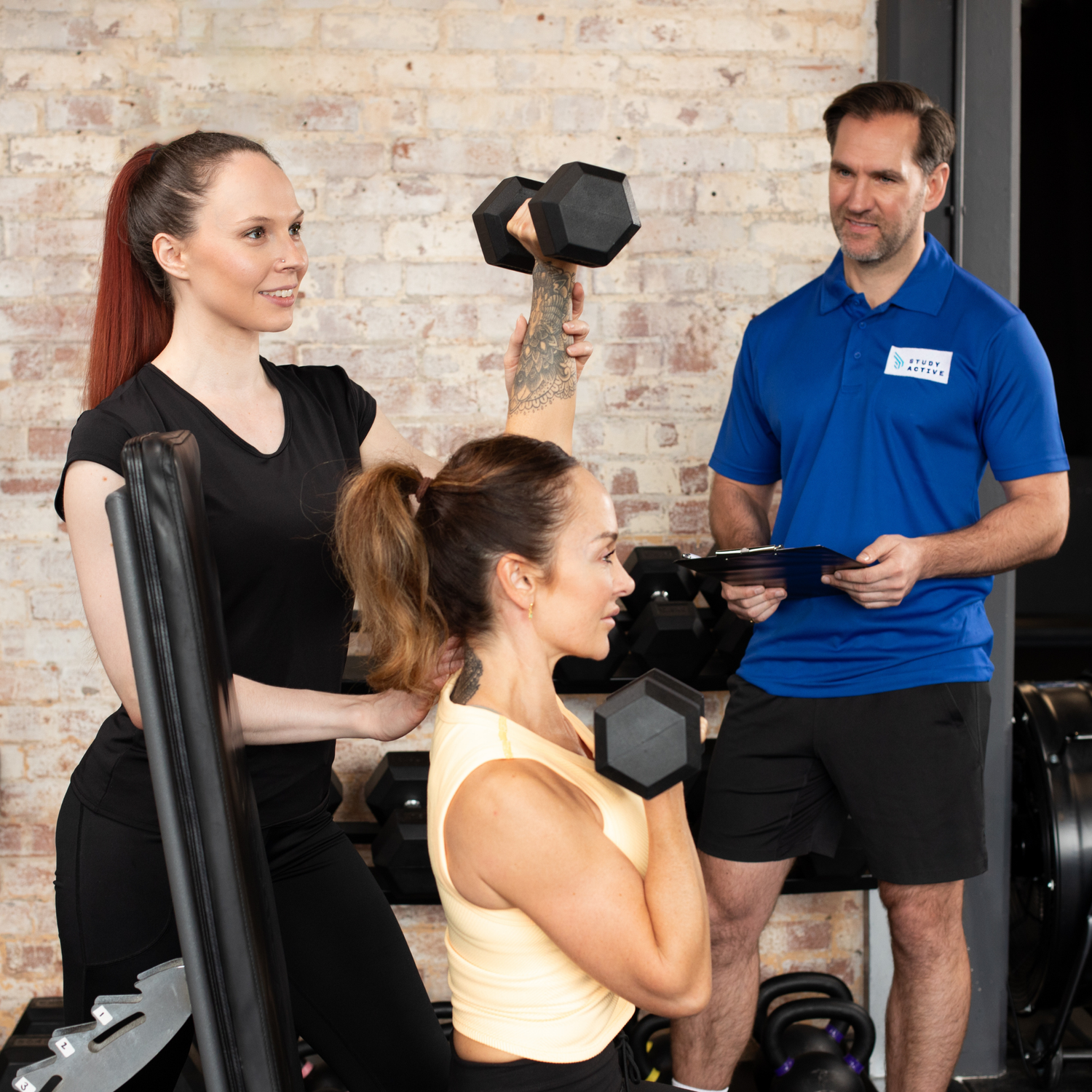
Suitability & Pre-requisites
Join thousands of successful graduates who transformed their careers with
our award-winning training programmes.
our award-winning training programmes.
Learning Experience
Join thousands of successful graduates who transformed their careers with our award-winning training programs.
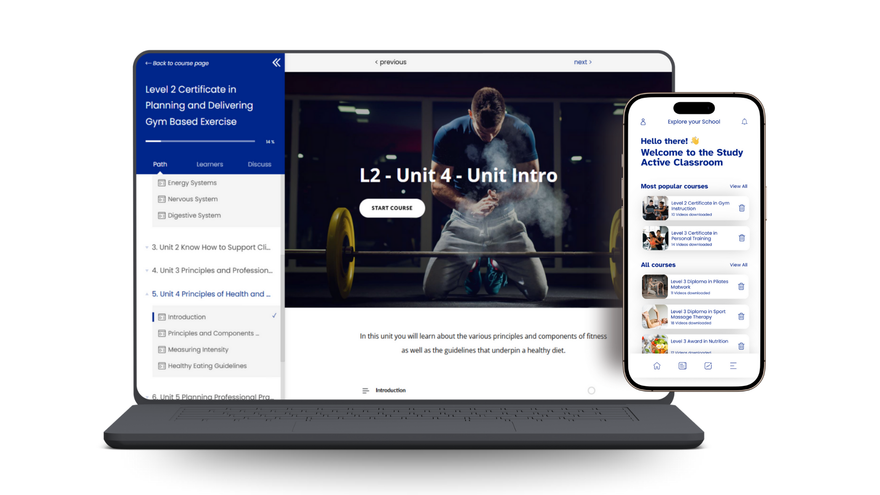


How long does the course take?
Most learners complete the course within 3–6 months, depending on study pace and prior experience. You’ll have full access for 12 months from enrolment, allowing you to study flexibly at your own convenience.
Is this qualification recognised?
Yes, the qualification is regulated by Ofqual and fully endorsed by CIMSPA (the Chartered Institute for the Management of Sport and Physical Activity). It’s recognised by employers and fitness organisations across the UK and internationally.
What qualification will I receive?
You’ll achieve the CIMSPA Endorsed Level 3 Diploma in Personal Training (RQF), which includes the Level 2 Gym Instructor components. This qualification is awarded by Active IQ or Focus Awards and carries 10 CIMSPA CPD points.
What will I learn during the course?
You’ll study advanced anatomy, physiology, and nutrition for exercise, as well as techniques for designing and delivering effective gym inductions and personal training programmes. The course also covers client consultation, health screening, business management, and professional ethics.
How is the course delivered?
Study Active delivers this course through a blended learning model, combining e-learning modules, interactive quizzes, live webinars, and optional workshops. Assessments can be completed at one of our national venues or virtually via video submission.
Do I need any previous qualifications?
No, this course has no entry requirements. It’s suitable for complete beginners looking to qualify as both a Gym Instructor and Personal Trainer.
How will I be assessed?
Assessment methods include coursework, practical observations, written assignments, and multiple-choice exams. You’ll also complete a professional portfolio demonstrating your skills and knowledge.
What career opportunities are available after qualifying?
Once qualified, you can work as a Gym Instructor or Personal Trainer in gyms, leisure centres, or health clubs, or start your own personal training business. You can also progress onto advanced or specialist fitness qualifications to expand your expertise.
Is career support available?
Yes – Study Active provides dedicated career support including guaranteed interviews with top UK gym chains, CV guidance, and access to job opportunities within the fitness industry.
Can I study this course online?
Yes, this course is fully accessible online through our advanced learning platform. You can complete theory work remotely and attend optional in-person workshops or assessments as you prefer.
Excellent Rated on Trustpilot
Don't just take our word for it, see what others have to say.
Browse more courses
For more information on any of our courses please get in touch.

